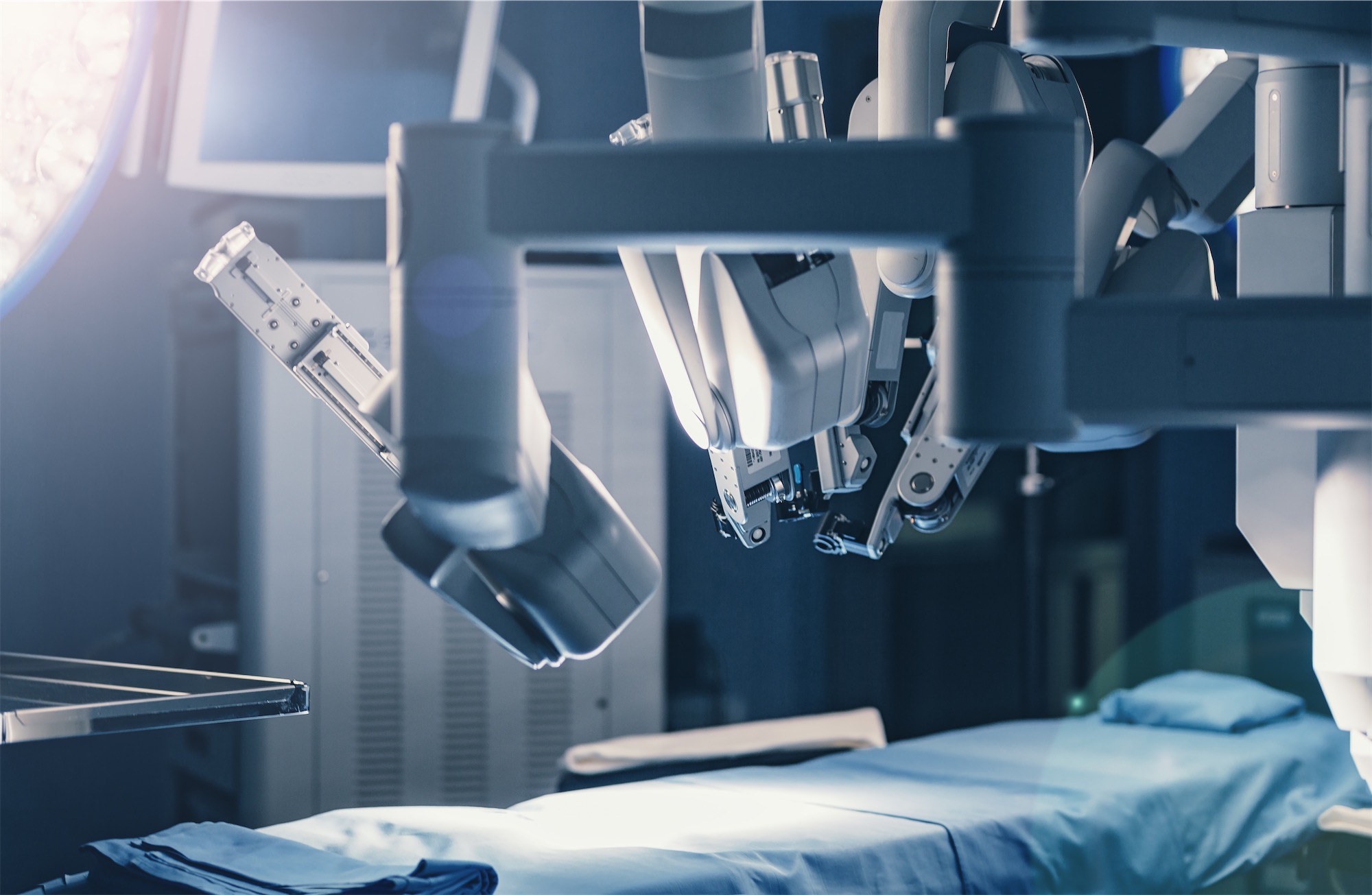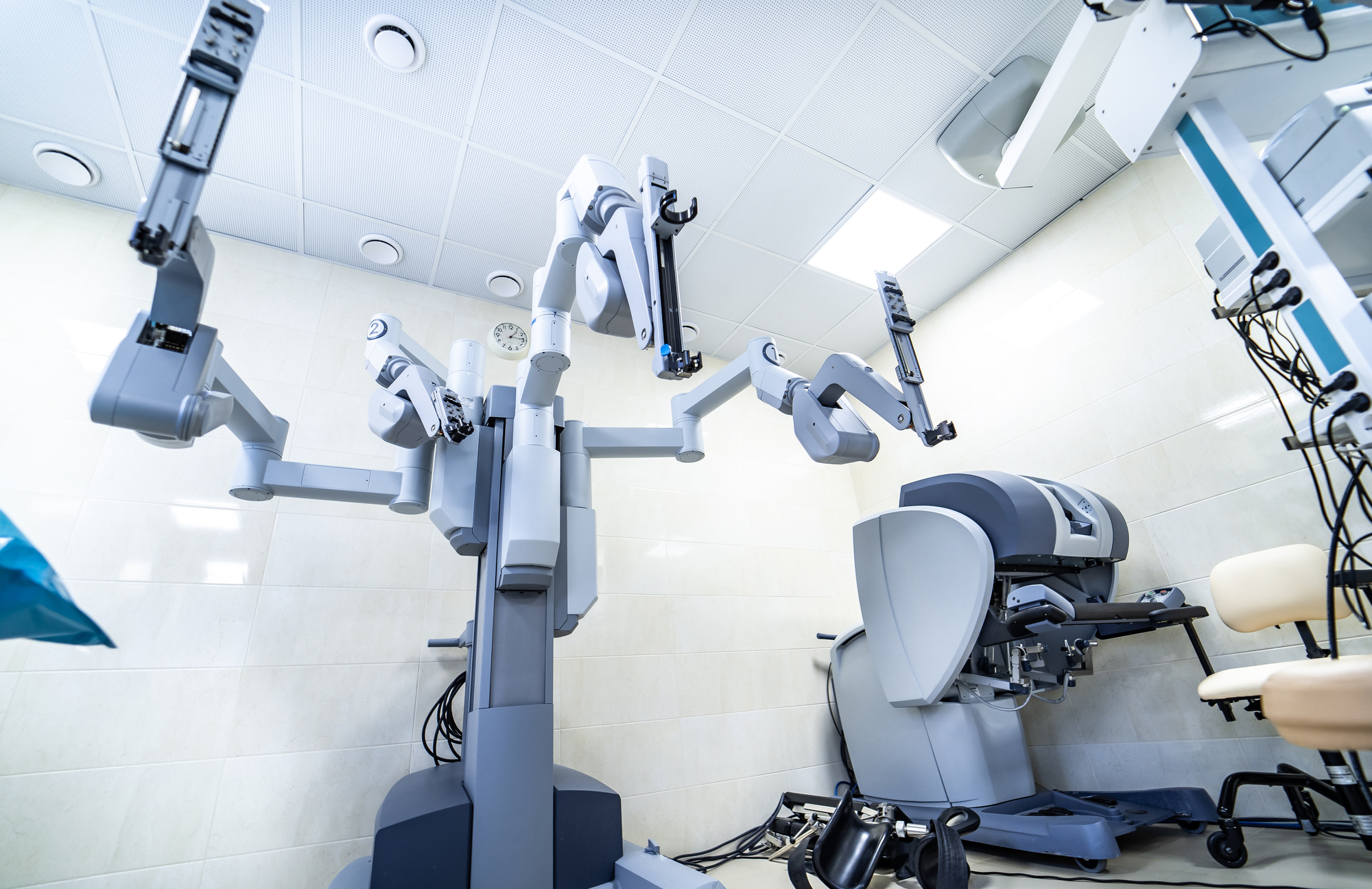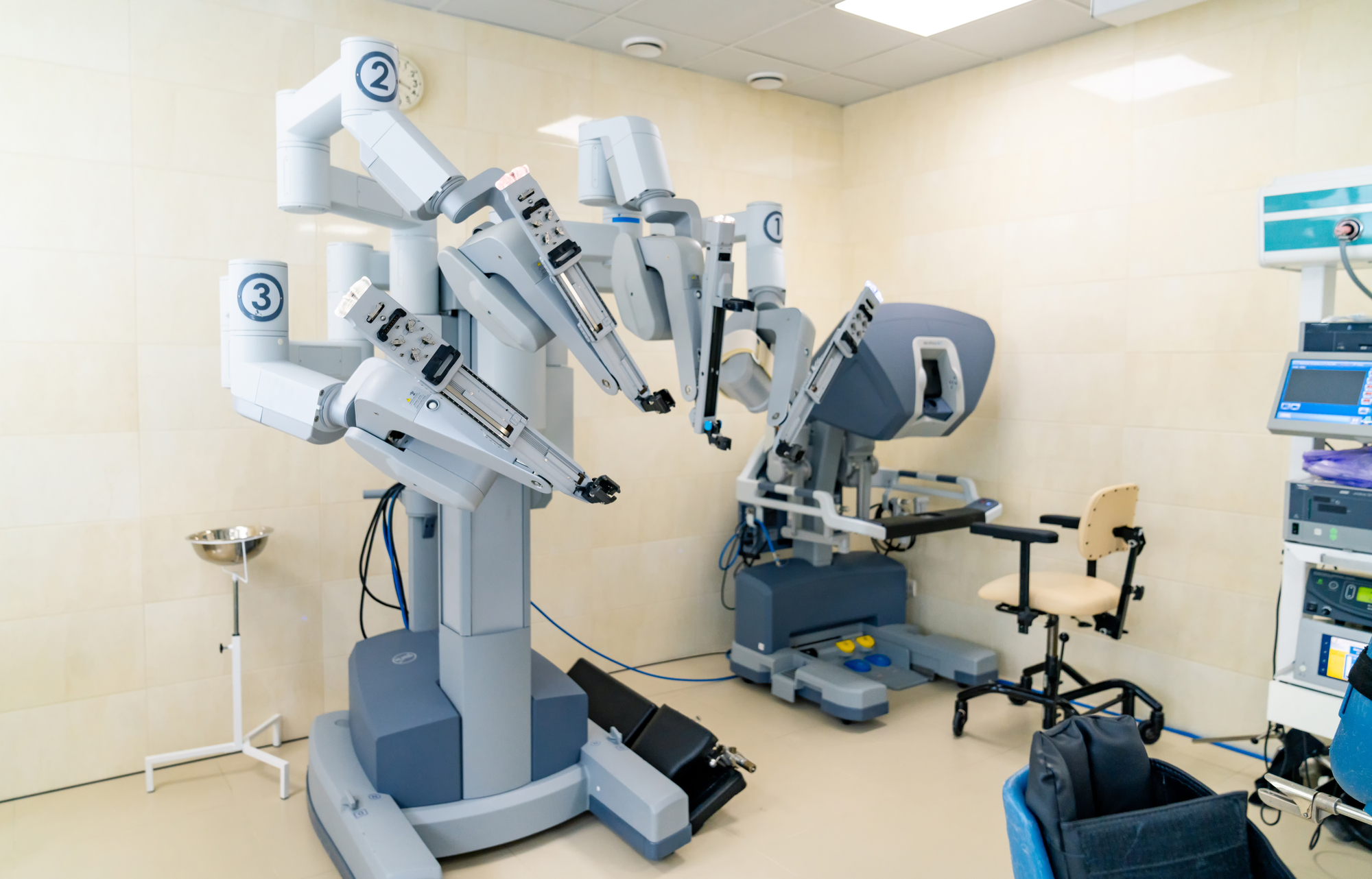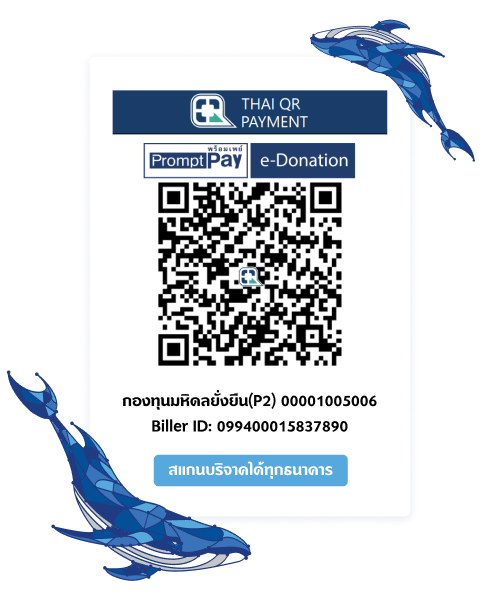Doctosight: An Intelligent Medical Robot for Telemedicine Diagnosis and Treatment
Thailand is among the nations grappling with a shortage of medical professionals. The distribution of medical staff across various regions results in a relatively low ratio of healthcare workers to the total population, averaging 0.393 per 1,000 individuals. Consequently, the research team from Mahidol University’s Faculty of Engineering has developed “Doctosight,” an intelligent medical robot designed for telemedicine diagnosis and treatment, especially during the COVID-19 pandemic.
Doctosight assists doctors and medical staff by minimizing the need for close or direct contact with patients, thereby reducing the risk of infection transmission. The robot can perform routine tasks within a specified timeframe without human intervention. Medical professionals, such as doctors or nurses, are only required during patient consultations conducted via the robot, which alleviates their workload in tasks like measuring pulse, blood pressure, and heart rate. Additionally, the central part of the robot is designed as a storage compartment, facilitating the transport of medicines and medical supplies to patients, thereby enhancing operational efficiency within hospitals.
Surgical Assistance Robots: Thailand is grappling with a shortage of doctors across various specialties, particularly surgeons with expertise in specific fields, who are often primarily located in major cities. This issue sparked the development of the ‘Laparoscopic Surgery Assistance Robot,’ conceived by the Faculty of Engineering at Mahidol University. This innovation leverages technology and remotely controlled robots to mitigate the aforementioned challenges. The Minimal Invasive Surgery (MIS) Robot collaborates with surgeons and utilizes AI technology to control the robot’s movements, adhering to predetermined surgical points to prevent deviation and avoid tissue damage. Crucially, surgeons can control the robot from a distance, enabling them to assist patients even when located in different provinces. This innovation not only helps alleviate the issue of doctor shortages but also enhances surgical precision, reduces operation time, boosts surgical efficiency, and minimizes errors due to fatigue.
AI-Immunizer Robot: Thailand’s first intelligent immunity-testing robot for vaccine development, stemming from a collaboration between the Faculty of Engineering, Mahidol University, and the Institute of Molecular Biosciences, propels Thailand’s vaccine development to world standards. By holistically integrating AI technology throughout the entire system, from the virus culture preparation process, testing, processing, imaging systems, results recording, and analyzing results quickly and accurately, it reduces the risk of infection and alleviates the workload for medical professionals. This marks another crucial step towards accelerating and ensuring the safety of vaccine development across various research centers.
Rehabilitation Robot: This includes elderly-care robots and development-enhancing robots for children with autism and patients with mental illnesses. These robots aim to enhance the quality of life and independence of patients, enabling them to move, access objects and locations, and perform various daily activities more conveniently. Additionally, the robot aids brain development through engaging games, thereby enhancing the patients’ quality of life.










